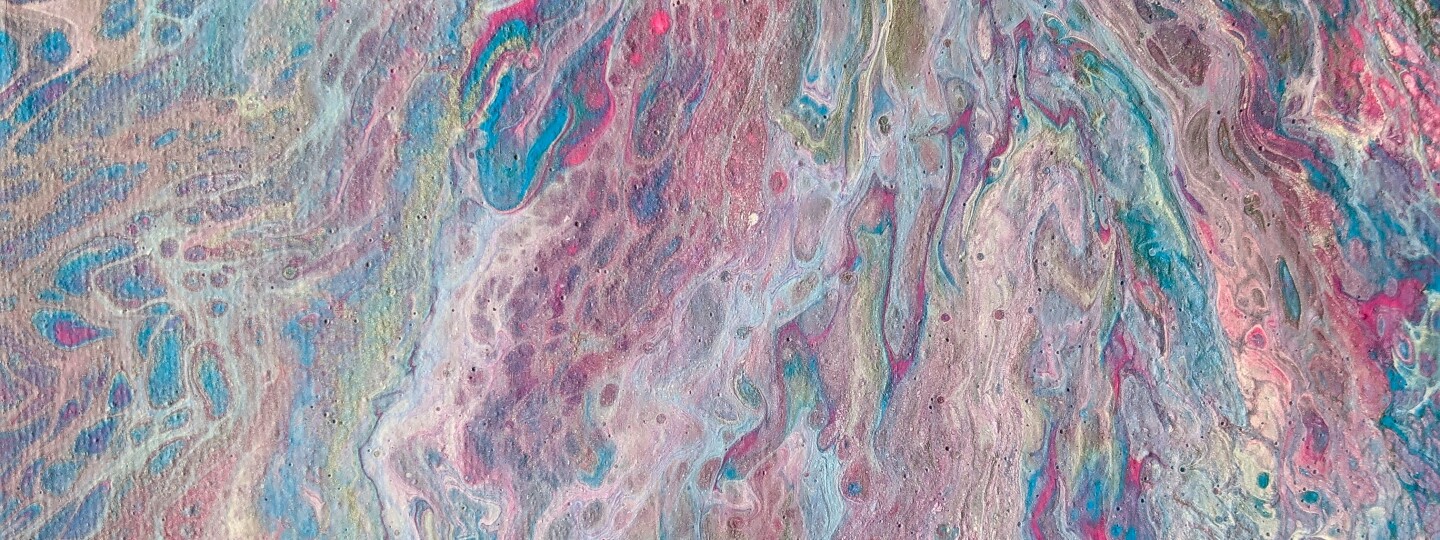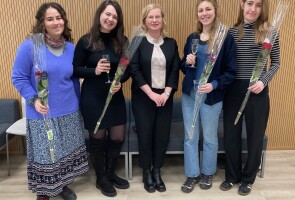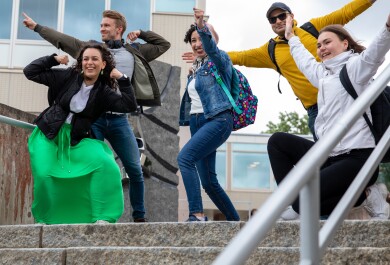Spring semester programme: Tue 2.3., 13.4., 4.5., 1.6. at 4–5 p.m.
Place: Zoom. The link will be sent upon registration.
This seminar series organizes and supports innovative and interdisciplinary dialogues on the stories, memories, and experiences of health and illness.
– We are interested in the ways in which experiences of illness and disease shape and are shaped by the interrelations between cultures, persons, and environments. In particular, we seek to develop a critical understanding of how experiences of disease and illness blur boundaries between agential subjects, times and spaces, and prescriptive binaries between sickness and health, remission, and recovery, says Hanna Meretoja, Professor of Comparative Literature and Director of SELMA.
– We encourage a critical and engaged approach towards phenomenological and narrative understandings of illness and disease, and we invite approaches that both defend and challenge the creative and epistemic possibilities of sickness. By enabling and encouraging such discussions in the medical humanities, we aim to enhance individual and collective understandings of health and illness and influence the practices and policies of caregiving both in Finland and across the world, she continues.
Bringing together colleagues from across Finland and the Nordic countries with international collaborators, this seminar series promotes an entangled approach towards experiential understanding of disease and illness from historical, literary, environmental, digital, and philosophical angles, among many others. The current research interests include, but are not limited to, madness and mental health, cancer, trauma, ethics, terminal illness, ageing, dementia and Alzheimer’s disease, and death and dying.
The seminar welcomes all participants interested in the topic.
The research centre SELMA explores the interrelations between storytelling, experientiality and memory. The Centre is based at the School of History, Culture and Arts Studies at the University of Turku, Finland. It promotes interdisciplinary research and organises seminars, symposia and other events on both theoretical and topical social issues. SELMA aims at crossing the borders between research and artistic creativity by creating dialogue, promoting social engagement and fostering international collaboration between scholars, artists and other people outside academia.
Programme
2.3. Deborah Madden (University of Brighton): TBC
13.4. Linda Nesby (The Arctic University of Norway): Anger and celebrities in Scandinavian illness stories
4.5. Laura Piippo (University of Jyväskylä): Poetics of experimental literature and paranoia
1.6. Anita Wohlmann (University of Southern Denmark): Metaphor reconsidered: the uses of comparison in illness writing.
> For more information, visit SELMA's website




